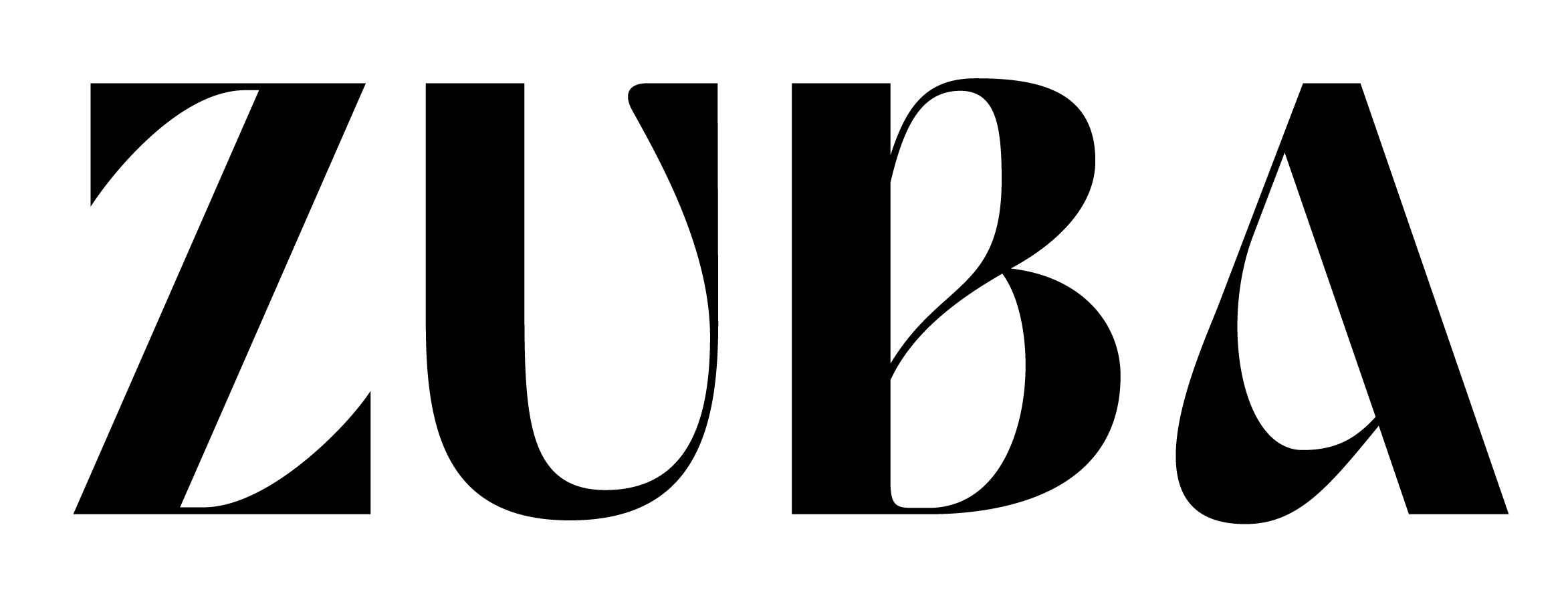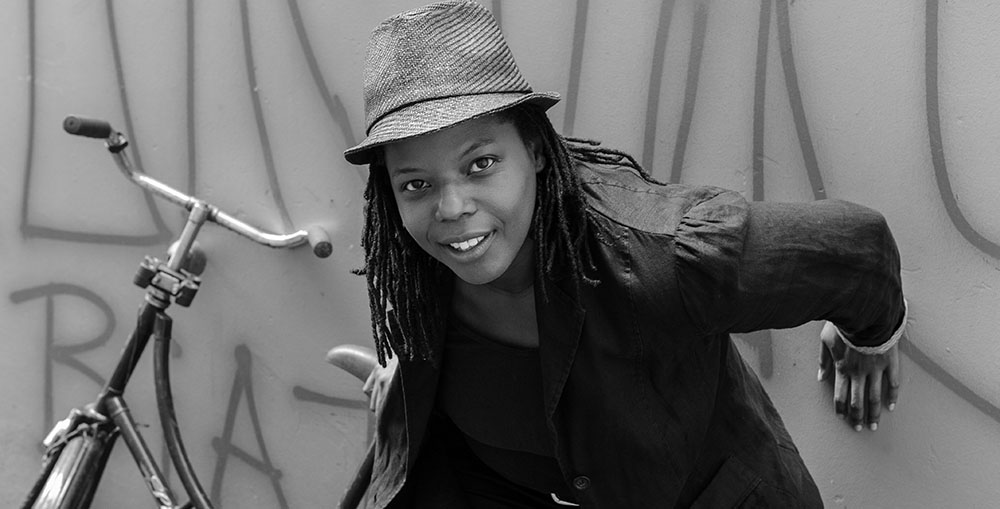Caroline Kamya is an international multi-award winning Film Producer and Director. She stamped her mark in the Ugandan film industry as the first woman to produce a feature film following the release of ‘Imani’ in 2010 that stared legendary acts like Ocen Stephen, Rehema Nanfuka and Philip Buyi Roy.
Kamya is also the founder of Ceekay Films, ‘NATIV’, a project that supports young African Creatives, and runs a non-profit program ‘Shattered Hues’ which supports Creatives of African descent in Amsterdam.
In 2006 Kamya launched the ‘Uganda Arts and Media Academy’, which ran for 3 years building up the creative community in Uganda. Her team also produced some of the first reality and game shows such as, “Jazz My Life” and “The Good Life Show” which aired between 2006 – 2008.

Please introduce yourself.
I was named Caroline Kamya at birth and my most notable achievement is surviving being born premature in the 1970s in Uganda. My parents did not expect me to make it. I have a survival instinct that has allowed me to overcome many challenges in my life and it began there.
How do you think the industry has changed from the time you started out?
There is great equipment and crew that have great skills and experience in film, commercials and other areas of top end production that was not in Uganda 10 years ago. I saw the trailer for “ A girl with a yellow jumper” and it looked really fab. I can’t want to see the film in its entirety so I can check out the writing as well.
What are the most prevalent problems in the Ugandan film industry? How can they be solved?
Unity is missing, a sense of the “Uganda cinematic style” is missing, options of top end training such as the Maisha Lab and my former school UAMA is rare and limited but the talent and passion has always been there and that is why I love my motherland.
What was the most important lesson you had to learn that has had a positive effect on your films? How did that lesson happen?
You know “your people” from those who are with you not only when you are a success but when things are going downhill. Never judge people from how they present themselves, take your time to know the layers underneath. I have learnt to be accountable for my errors, to face issues head on and to be able to say sorry to people I have or may have hurt. Being humble is a key to growth. My work is now much stronger, more personal and authentic based on my experiences. I will be telling my life story in print and in film over the next few years. By sharing your challenges and how you overcome them you never know who you might inspire in the process.
You are a collaborator. How have you discovered members of your team and how do you keep the relationship with them strong?
For those actors and crew, I am still in touch with. It is about mutual growth. I love seeing people fly in their careers and be inspired by their experiences working with me. It brings a smile to my face every day when I get more news. I have been on the jury and panels of various international festivals and enjoy giving the thumbs up to work from past team members who are doing great in their careers. Some will never know about that support behind the scenes that continues today. Constructive criticism and compliments both shape you and how you respond shows growth. Never base your life on external validation, let it come from within yourself. I also have mentors that have supported me for over 15 years that I only have to call them and they are there for me as advisors or funders of my work.
You were the first woman to produce a feature film in Uganda. What do you attribute to your success to?
As a Ugandan woman who dared to make a feature at a time when it was seen as impossible is actually part of my nature – to strive to do the impossible. I love challenges and my gender or nationality are not a barrier, they are a bonus, I just wanted to make a film that revealed the wonder that is my country of birth, something I did not see when growing up abroad, and I did it. The film won so many awards not only for me but for the cast and crew but the downside is that it took a huge toll on me physically and emotionally as I produced it, line-produced it, assistant edited it and many other tasks apart from directing it. Something I would not take on today. The good thing is that for the next film that I shoot in Uganda, I will not have to. We have a big pool of experienced superior talent to draw from and that is so exciting.
Any exciting projects you’re working on that we should look forward to?
Yes, I am developing a period film with a Dutch production company set in the 1800s between Ghana and The Netherlands. I am also planning to celebrate the 10-year anniversary of IMANI online or offline while in Uganda and my latest film A PEACE BETWEEN is will be screened at the NFMLA festival in Los Angeles this week. This film was shot in 3 European countries and covers the refugee issue in a personal and insightful way. In addition, my company ceekayfilms.com has been nominated for a business award in The Netherlands which is very exciting for me and the rest of my team in Amsterdam, Kampala and Kenya.

The Covid9 pandemic has most certainly disrupted the film industry. What is your advice to filmmakers with regards to how they can navigate this new normal?
It can actually benefit you to have the Covid challenge – it depends on how you perceive it.
You have to embrace challenges and see them as an opportunity to grow, pivot your ideas and see how the online world can benefit your business or your craft. I use this solution led approach in most areas of my life. Problems do not exist, just challenges to overcome and grow from.
How best can women position themselves as film directors and producers since they influence the story of the film?
As a woman in the film industry that is male dominated, it is very important to be clear and communicate what you want, have mentors ahead of you, be confident where it’s needed and humble where it’s appropriate. Let the next generation step up off your shoulders as you go along and share your knowledge and challenges with others. Use your life in your work if you can as that is authentic storytelling

QUICK FIVE
- What is the first thing you thought of this morning?
I am loved, I am love, I give love , I receive love and I have gratitude. - What is the last thing you googled?
I can’t remember. - Who would you love to swap places with?
No one at all, I am here on earth for a reason (as we all are), I have my own mission and I’m on it. - What’s the most Ugandan thing about you?
The food I love, so UG! When you live abroad you miss certain things that you only find on a Ugandan plate and I give a good speech at any occasion, like all Ugandans we love to give a speech even when it’s not needed. - What quote do you live by?
You cannot be what you cannot see, representation is key.

